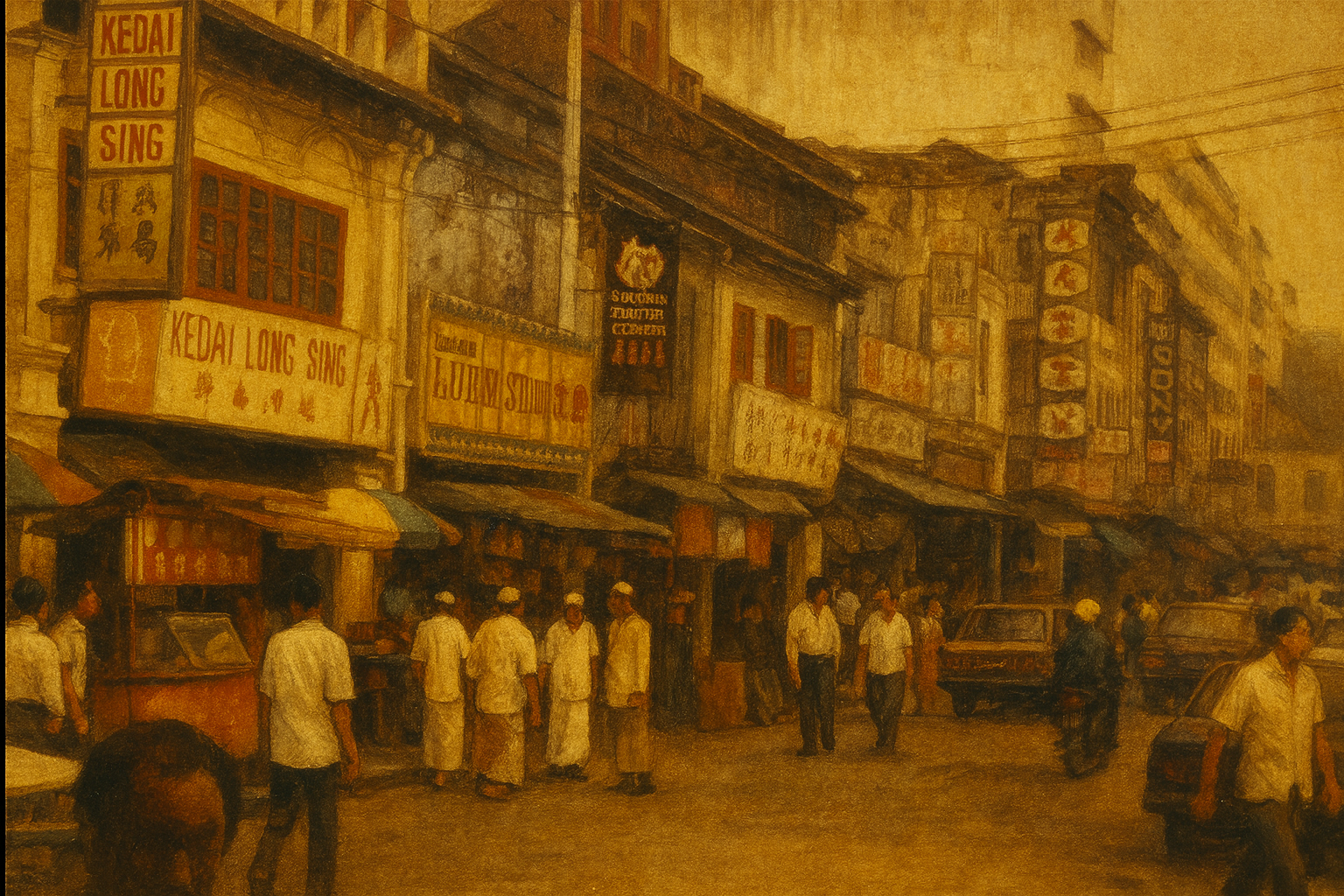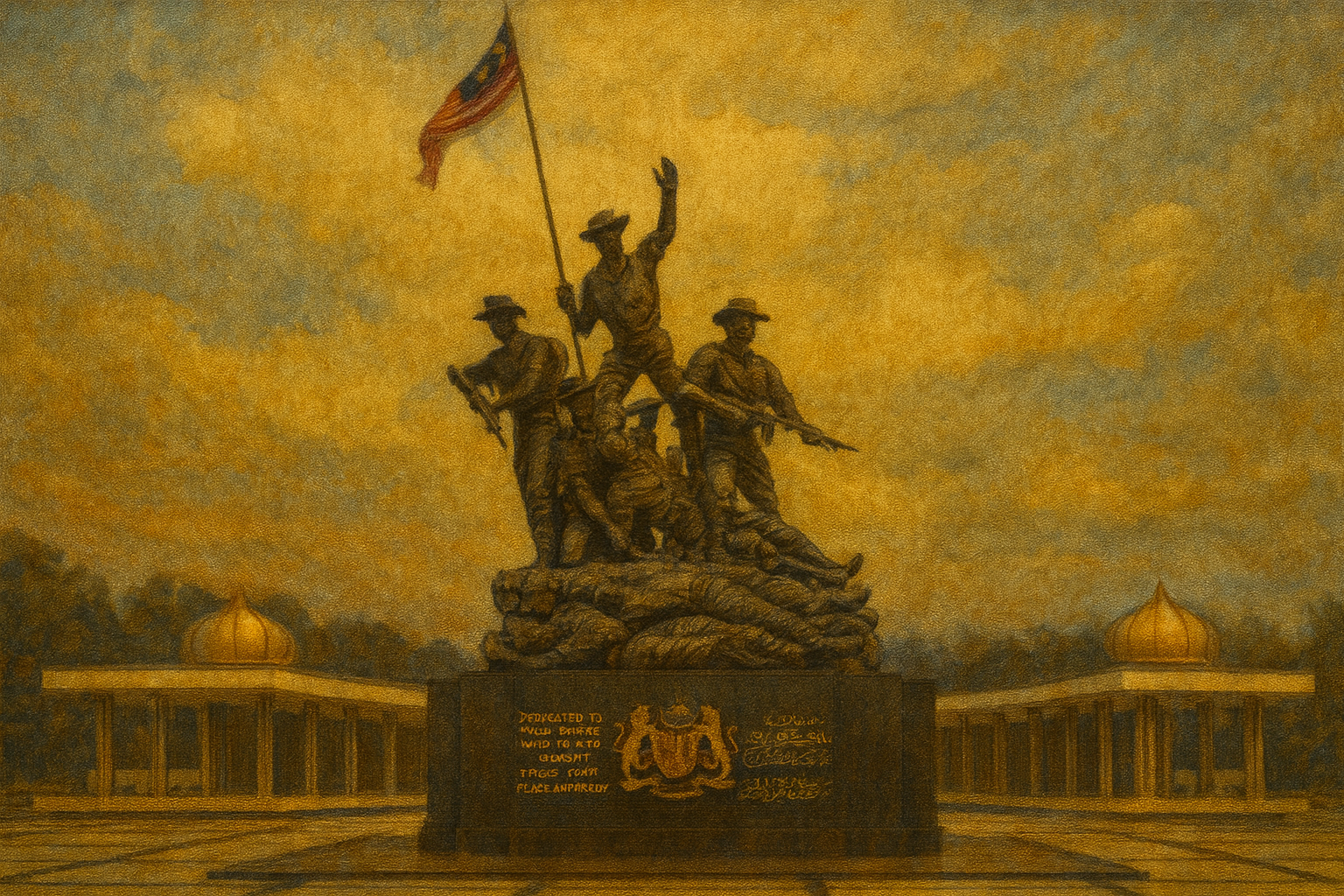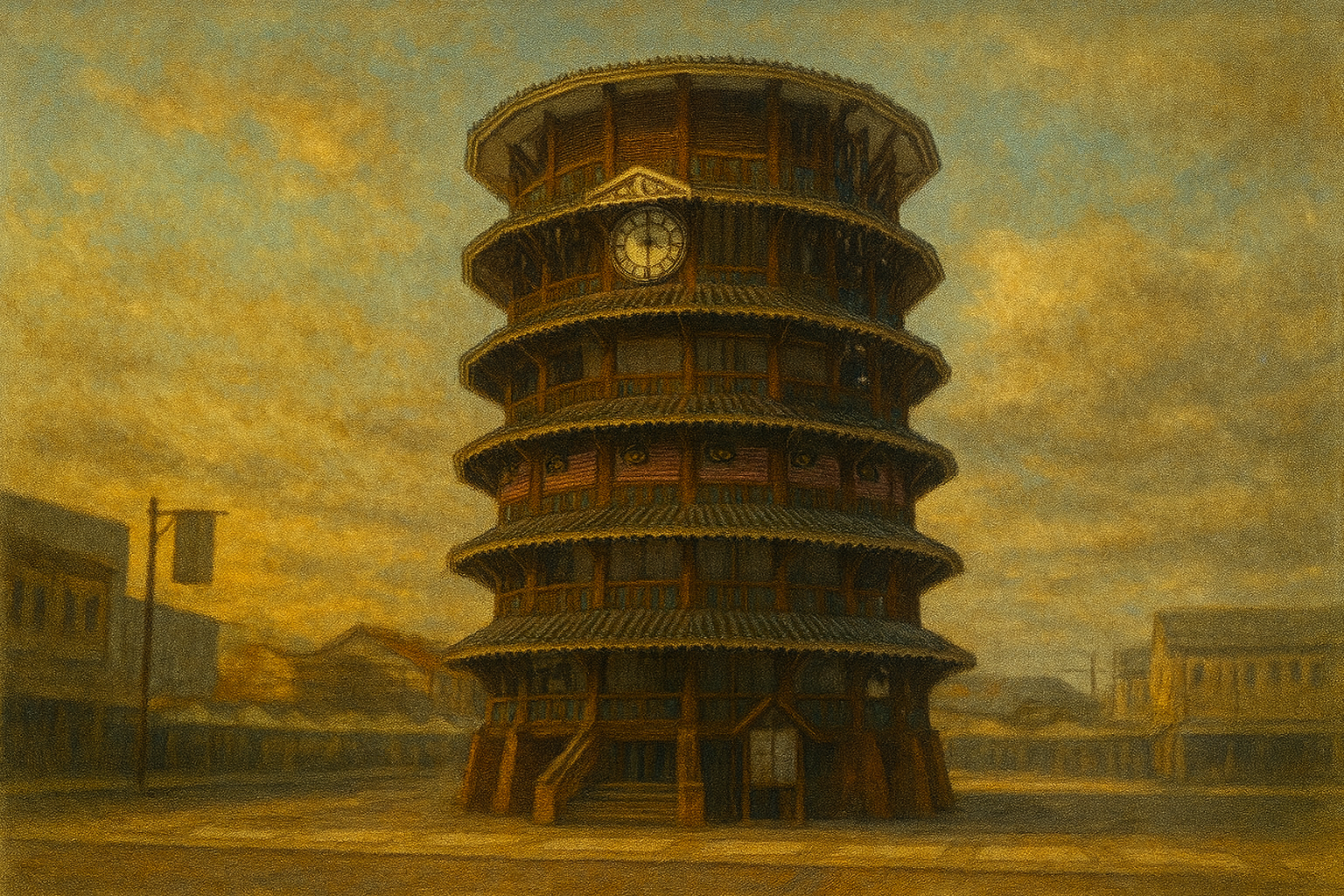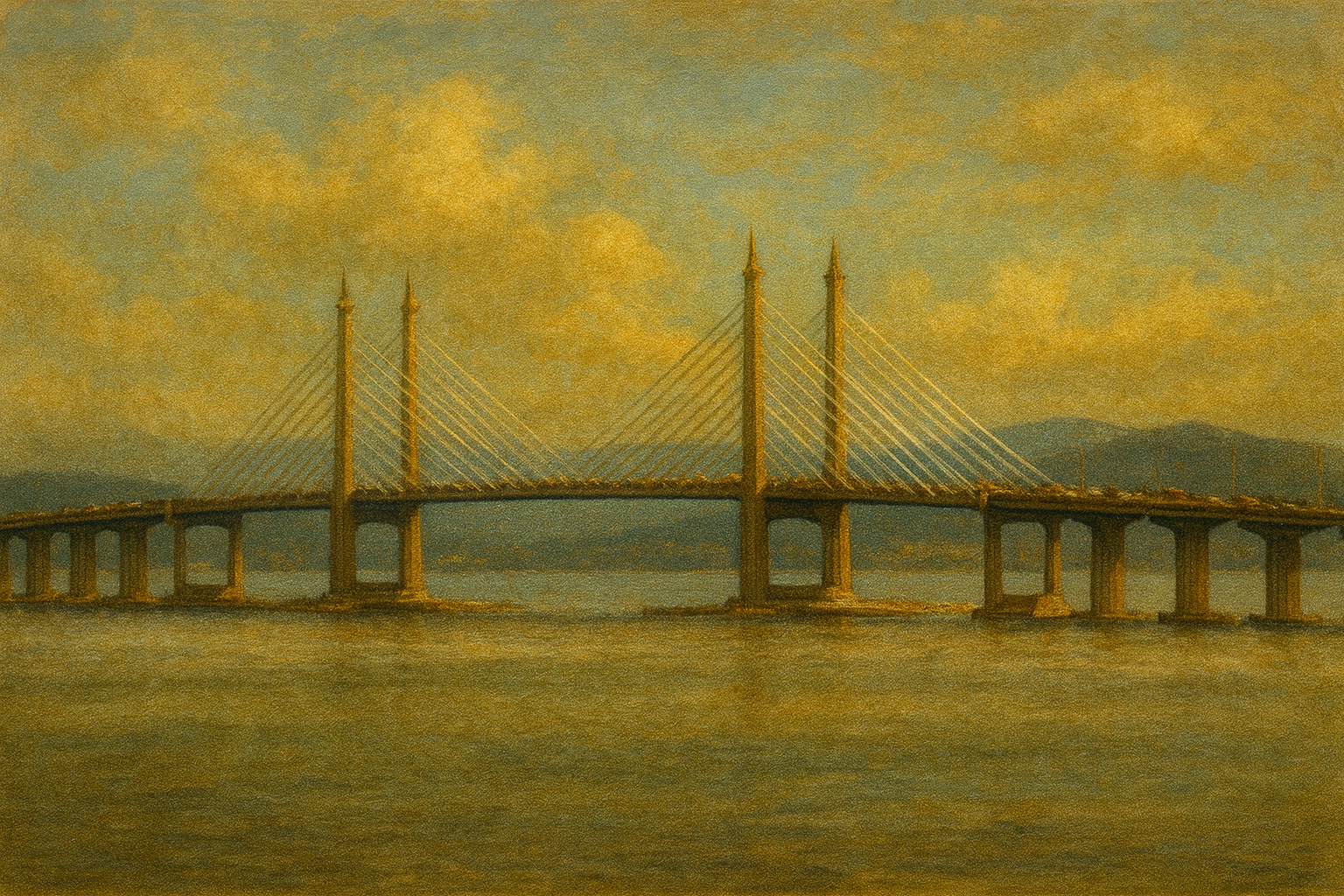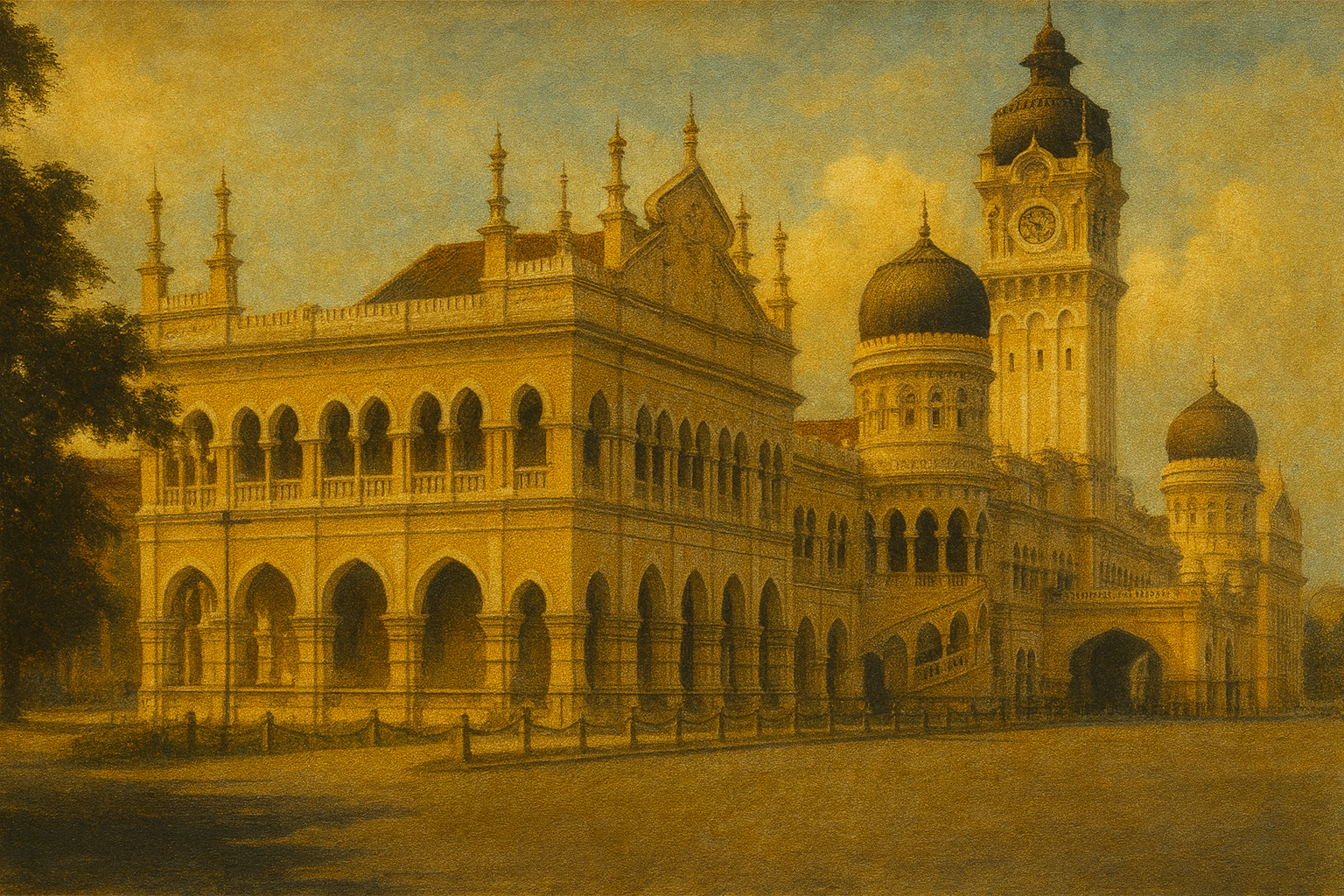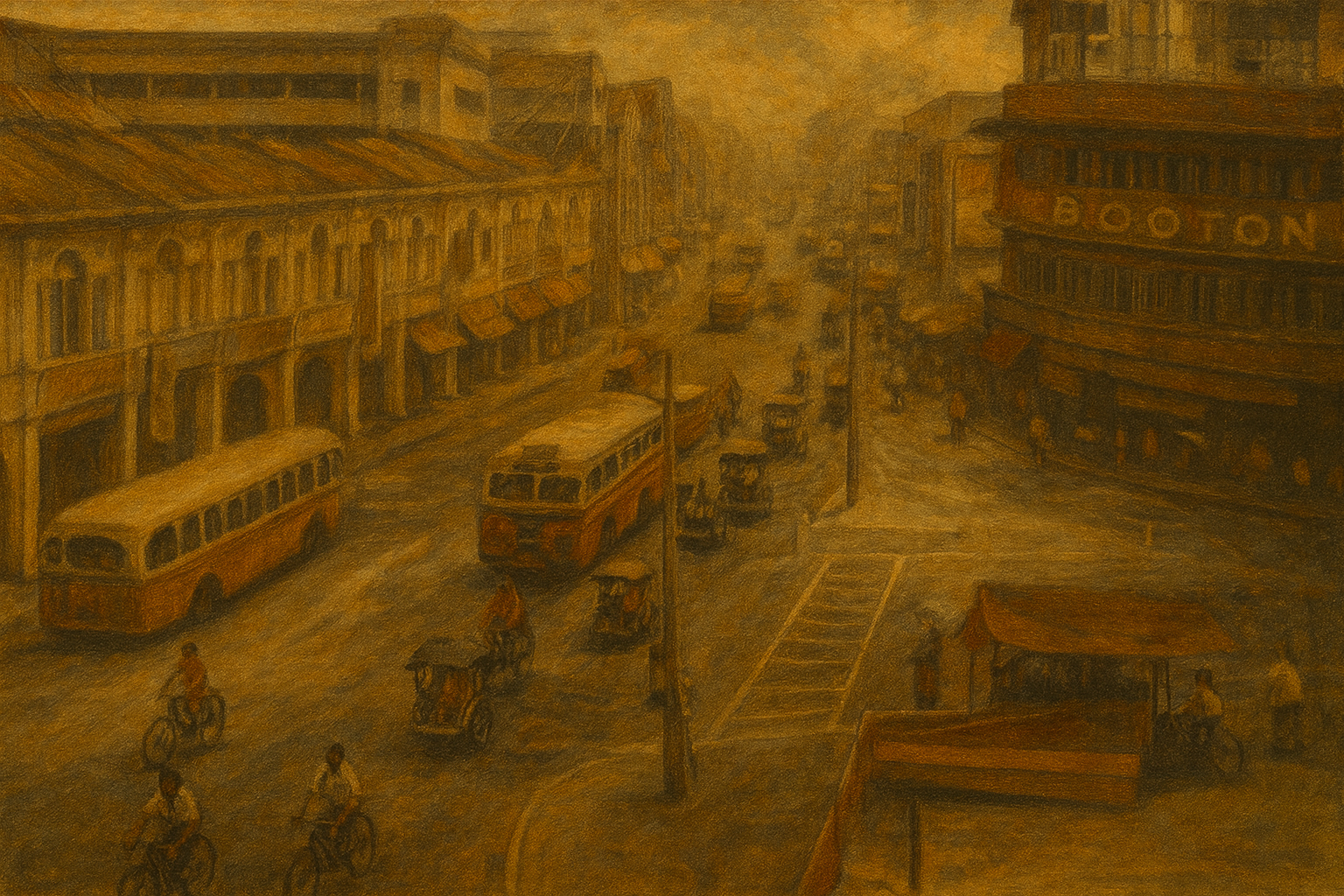1954



| Currency Rate to USD | 3.06 |
| GDP Per Capita (USD) | 235 |
| Population (millions) | 5.77 |
| Nasi Lemak Price | 10 cents |
| Teh Tarik Price | 5 cents |
| Urban Population Percentage | 20% |
Malayan Emergency Era
Life during the Emergency meant fear, disruption, and deep divisions. For many rural folks, night-raids, curfews, food scarcity, and forced relocations (into “New Villages”) came with the insurgency.
Cold War
After WWII, the world splits into blocs—capitalist West led by U.S., communist East led by USSR. People everywhere feel the pressure: fear of nuclear annihilation, propaganda, ideological influence in media and education, proxy wars in Asia, Africa and Latin America.
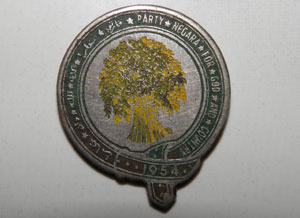
Formation of Parti Negara
The formation of Parti Negara in February 1954 by Dato' Sir Onn Jaafar represented a significant shift in Malayan politics, as the veteran nationalist sought to create a Malay-centric alternative to the emerging communal Alliance Party, aiming to balance ethnic interests with broader national unity in the lead-up to independence.
Declaration of Port Dickson and Rembau as White Areas
On 6 March 1954, during the Malayan Emergency, the districts of Port Dickson and Rembau in Negeri Sembilan were declared White Areas, indicating they were free from communist insurgent activity and allowing the lifting of emergency restrictions.
1954 National Service Riots
The 1954 National Service riots, also known as the 13 May Incident, were a series of protests in Singapore against the British colonial government's National Service Ordinance, highlighting anti-colonial tensions and leading to violent clashes, arrests, and a broader push for self-governance.
Establishment of the Malayan Film Censorship Board
On 1 May 1954, the Malayan Film Censorship Board was established in Singapore as part of the Federation of Malaya's efforts to regulate film content, reflecting growing cultural governance amid decolonization and the need to protect societal values in a multi-ethnic society.

Malaya at the 1954 Asian Games
The Federation of Malaya's participation in the 1954 Asian Games in Manila represented its debut on the international sporting stage, symbolizing national unity and integration into the Asian community during its path to independence.
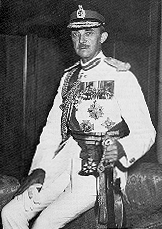
Appointment of Sir Donald MacGillivray as High Commissioner for the Federation of Malaya
On 31 May 1954, Sir Donald Charles MacGillivray was appointed as High Commissioner for the Federation of Malaya, succeeding General Sir Gerald Templer.
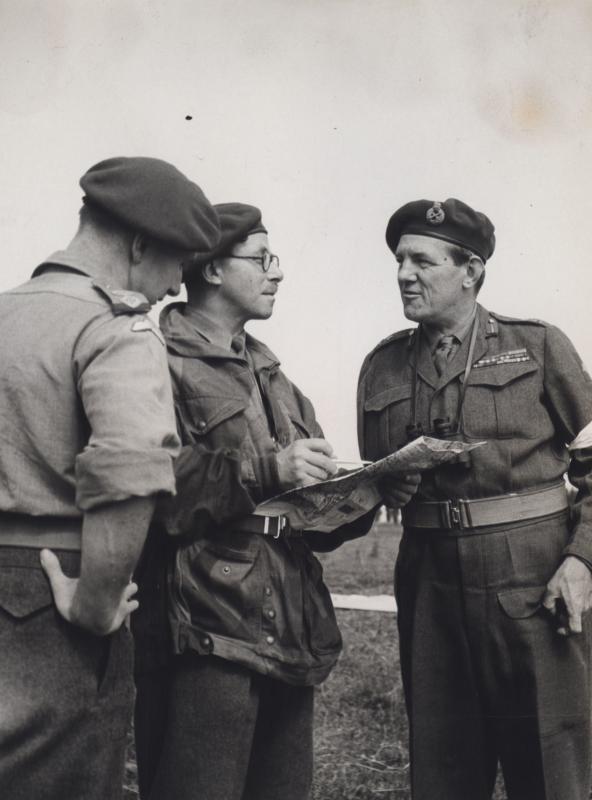
Operation Termite (1954)
Operation Termite was the largest military operation of the Malayan Emergency, a British-led joint air and ground offensive from July to August 1954 targeting communist guerrilla strongholds in the Kinta and Raia Valleys of Perak, Malaysia.
Johor State Election, 1954
The 1954 Johor state election was a landmark event in pre-independence Malaya, where the UMNO-MCA Alliance achieved a decisive victory, winning 12 of 15 seats and paving the way for multi-ethnic political coalitions that shaped the path to national sovereignty.
Terengganu State Election, 1954
The 1954 Terengganu state election, held under British colonial rule, was an early milestone in Malaya's democratic transition, establishing an elected state council where UMNO emerged victorious, reflecting rising Malay nationalist sentiments ahead of independence.
Enactment of the Election Offences Act 1954
The Election Offences Act 1954 was passed by the Federation of Malaya's Legislative Council to establish rules against electoral misconduct, ensuring fair and transparent processes for the upcoming 1955 general elections amid the transition to self-governance.



